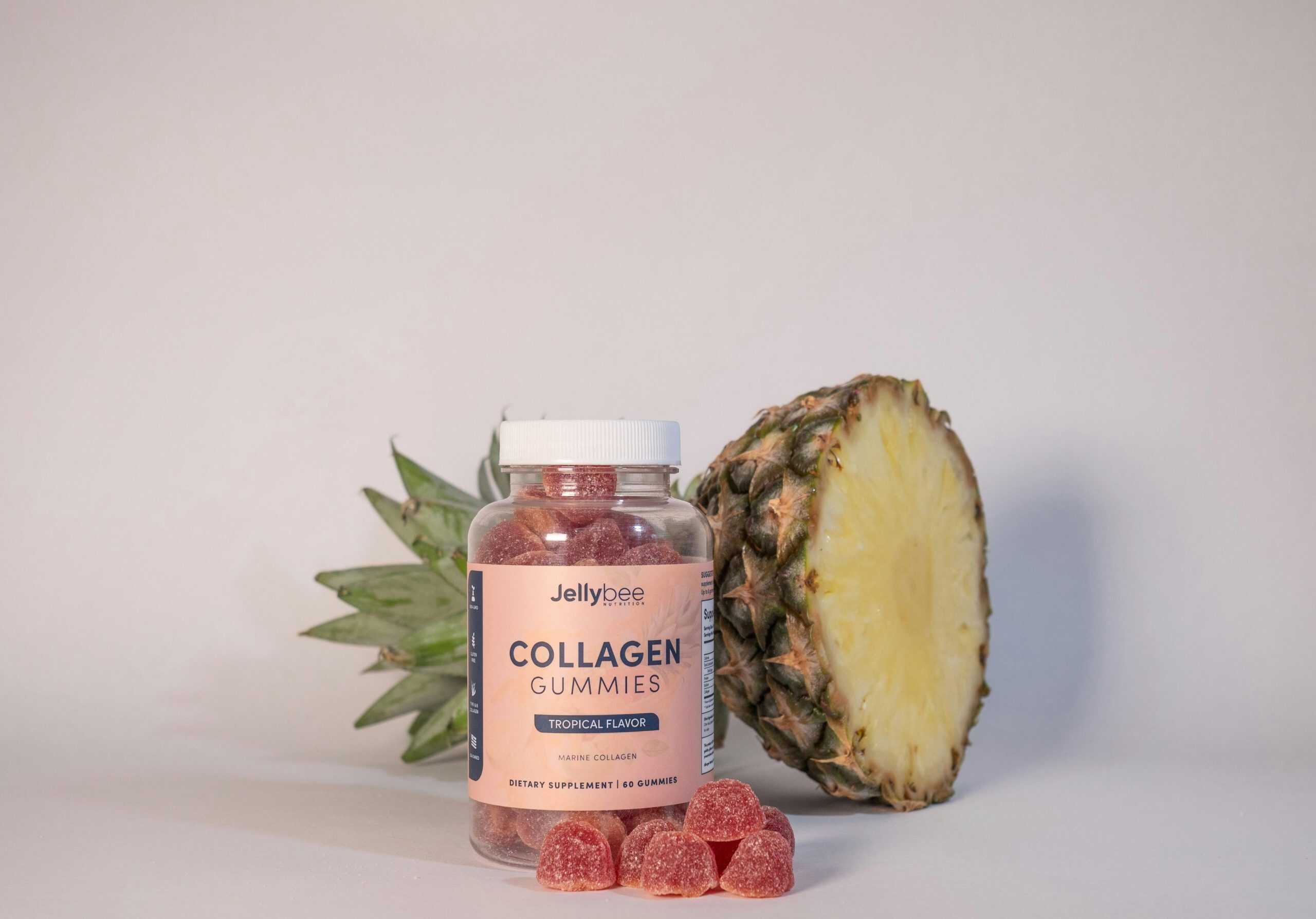Collagen Decline Affects More Than Just Your Skin — Here’s What You Need to Know
In your mid-twenties, collagen decline starts. Collagen is a protein that is a component of skin. It is also found in tendons, muscles, bones, and ligaments. Additionally, it can be found in internal organs, and it provides organs with protection. Different types of collagen are found in different structures in the body.
Collagen plays a variety of essential roles, such as ensuring strength and flexibility. While you cannot test for collagen amounts, you can note signs that collagen is declining. You can avoid life choices that hasten collagen decline. You can also make adjustments in your life to promote collagen production.
Various Roles Collagen Plays
Cleveland Clinic explains: “Collagen accounts for 30% of your body’s protein.” In the body, collagen is a building block. Bones, muscles, and skin are all built from collagen. So are ligaments and tendons. Blood vessels and organs also have collagen in their makeup. Collagen is mainly composed of three amino acids (protein components). The amino acids included in collagen are proline, hydroxyproline, and glycine.
Cleveland Clinic states: “Some 28 types of collagen have been identified.” Collagen provides strength and structure within the body. It supports your skin’s elasticity. It protects your internal organs and facilitates skin cell growth. The various types of collagen have different areas of focus. Different types of collagen are found in various parts of the body.
Effects of Collagen Decline
Vogue states: “Collagen decline begins quietly.” The process typically starts when you are in your mid-twenties. There is no test for the presence of collagen amounts. However, you can pay attention to signs of collagen decline. Signs of collagen decline you may notice include skin changes. You may notice dryness, fine lines, and dullness. Your skin may seem less plump and elastic. Also, wounds may take longer to heal.
You may also notice changes in your body in areas such as muscles and ligaments. Your muscles may ache more. They may also not be as strong as they were. Your ligaments and tendons may not be as flexible. Strain and stiffness in the joints may cause discomfort. In addition, you may experience hair breakage and digestive concerns.
Ways to Mitigate Collagen Decline’s Impacts
Collagen decline is inevitable. However, you can take steps not to speed the process along. Vogue advises: “Avoid collagen saboteurs.” Pollution should be avoided. So should smoking. Both of these cause oxidative stress. This prompts the breakdown of collagen. You should also use sunscreen to protect yourself from the sun’s ultraviolet rays. Cleveland Clinic states: “Too much sunlight reduces collagen production.” It also facilitates collagen’s breakdown. Ultra-processed foods should also be avoided, as should sugar. These are connected to the development of collagen weakness.
There are collagen-friendly foods you can incorporate into your diet. These foods can support the body as it produces collagen. Helpful foods can contain the amino acids glycine and proline found in collagen. Beneficial foods can also contain copper, zinc, and vitamin C. These ingredients are also involved in collagen production.
In addition, collagen supplements are available. Vogue recommends ensuring “your expectations are realistic” about collagen supplements. However, some research supports the idea that supplements can be beneficial. Vogue advises: “Look for hydrolyzed collagen (also labelled as collagen peptides).” This collagen formulation facilitates easy absorption of collagen. In addition, hyaluronic acid and vitamin C can be helpful ingredients in a collagen supplement.
About Collagen and Collagen Decline
Collagen is a protein. Thirty percent of the protein in the body is collagen. There are about twenty-eight known collagen varieties. The different types of collagen are found in various places in the body. They serve several important purposes. For instance, they help skin cells grow. They also help the skin remain elastic. In the middle part of your twenties, collagen begins to decline. You can help collagen decline happen more slowly by making choices in diet and lifestyle. You can also make choices that help your body produce collagen.







